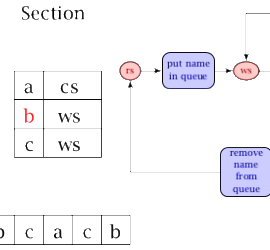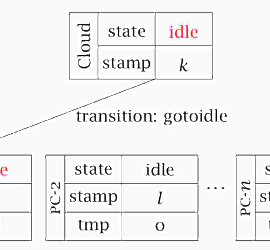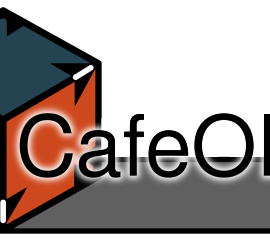CafeOBJ 1.5.1 released
We have released a new version of CafeOBJ. The only fix included in this point release is support for UNC path on Windows. Furthermore, we now provide experimental SBCL based Windows builds. Please see the download page for the new releases.



